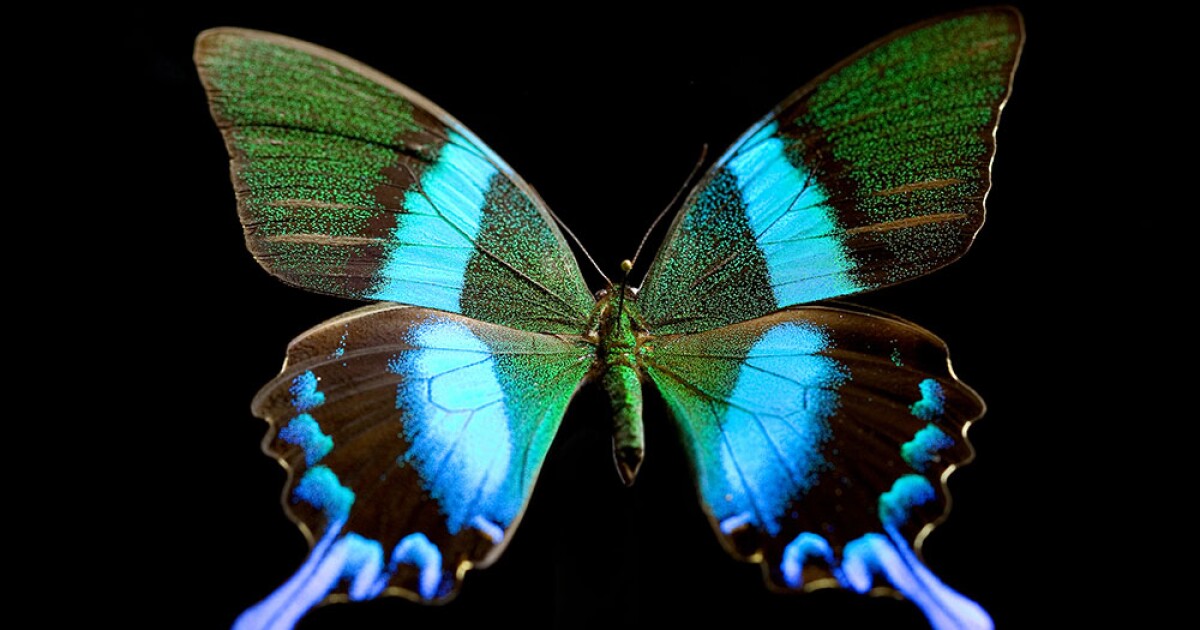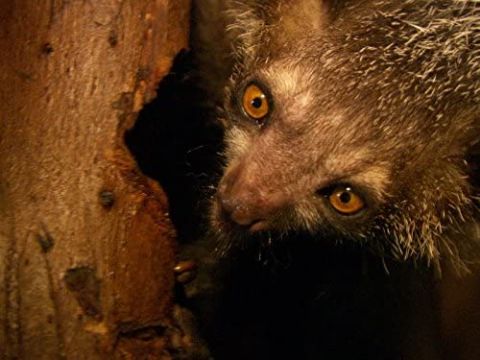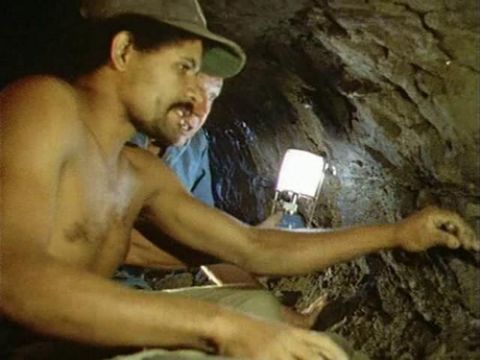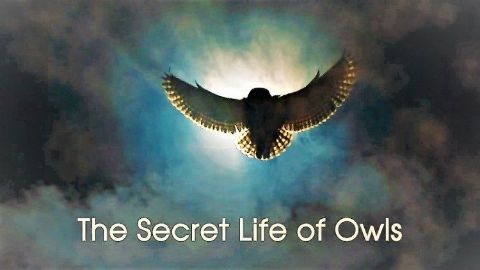Part 1 • 2009 • episode "S1E1" • Lost Land of the Jaguar
Cameras follow the team every sweaty step of the way as they explore the beautiful wilderness of Guyana, from abseiling down one of the most powerful waterfalls in the world to climbing to the very top of the rainforest trees. Known as the land of giants, Guyana is home to the huge anaconda, the world's largest tarantula and giant otters.
Make a donation
Buy a brother a hot coffee? Or a cold beer?
Hope you're finding these documentaries fascinating and eye-opening. It's just me, working hard behind the scenes to bring you this enriching content.
Running and maintaining a website like this takes time and resources. That's why I'm reaching out to you. If you appreciate what I do and would like to support my efforts, would you consider "buying me a coffee"?
Donation addresses
BTC: bc1q8ldskxh4x9qnddhcrgcun8rtvddeldm2a07r2v
ETH: 0x5CCAAA1afc5c5D814129d99277dDb5A979672116
With your donation through , you can show your appreciation and help me keep this project going. Every contribution, no matter how small, makes a significant impact. It goes directly towards covering server costs.








